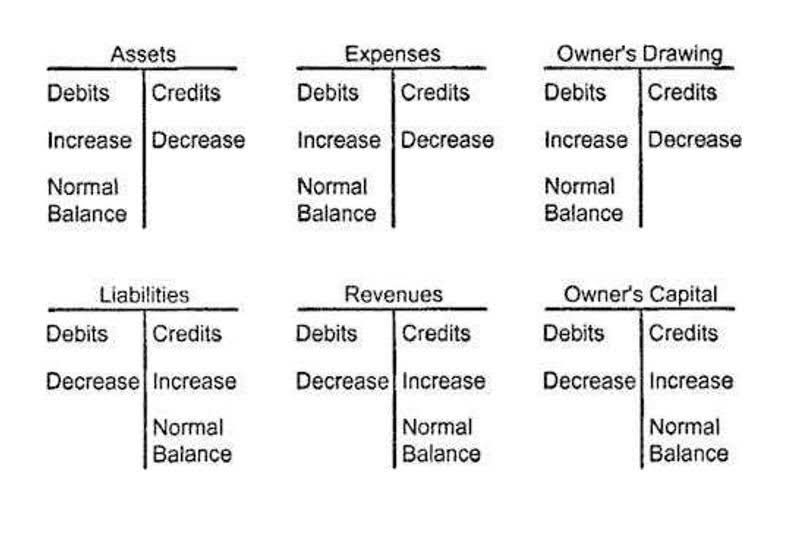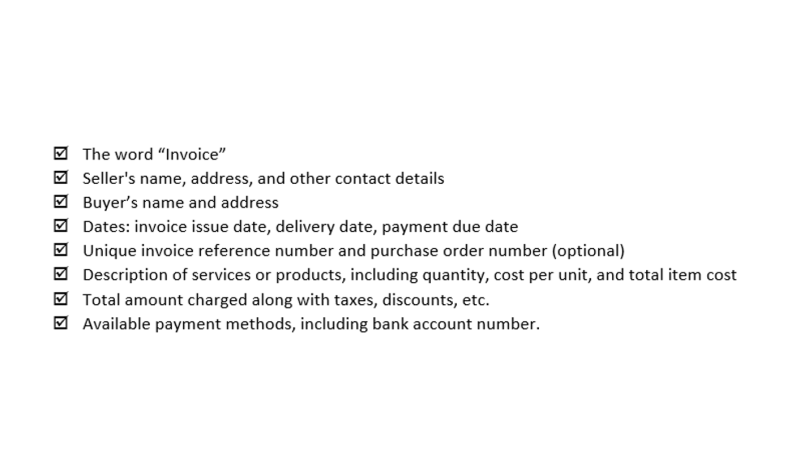
In many cases, an exchange of money and services won’t occur at once. Revenue recognition organizes transactions to avoid confusion over this. In fact, the two types of accounting coincided with the development of joint-stock companies. They are responsible for determining an organization’s overall wealth and profitability.
Organizing financial transactions
Additionally, accounting allows businesses to examine their results regarding profits, losses, productivity, sales trends, costs, etc. Certified public accounting and management accounting are two of the profession’s most common specializations. Auditing and forensic accounting represent other important accounting specializations. Gross profit simply describes the total value of sales in a given accounting period without adjusting for their costs.
Income Statement
International public companies also frequently report financial statements in accordance with International Financial Reporting Standards (IFRS). To accountants, the two most important characteristics of useful information are relevance and reliability. Information is relevant to the extent that it can potentially alter a decision. Relevant information helps improve predictions of future events, confirms the outcome of a previous prediction, and should be available before a decision is made. Reliable information is verifiable, representationally faithful, and neutral. The hallmark of neutrality is its demand that accounting information not be selected to benefit one class of users to the neglect of others.
Principles of Taxation (PTX)

Managerial accounting uses much of the same data as financial accounting, but it organizes and utilizes information in different ways. In managerial accounting, an accountant generates monthly or quarterly reports that a business’s management team can use to make decisions about how the business operates. This focuses on the accounting meaning use and interpretation of financial information to make sound business decisions. It’s similar to financial accounting, but this time, it’s reserved for internal use, and financial statements are made more frequently to evaluate and interpret financial performance.
- GAAP outlines a set of principles to ensure consistency in reporting.
- Financial statements should only record things that can be expressed in terms of a currency.
- The financial statements must show corresponding information for the preceding year(s) so that the users may be able to compare the financial performance, position and cash flows of different years.
- GAAP (Generally Accepted Accounting Principles) and IFRS (International Financial Reporting Standards).
- Revenue recognition organizes transactions to avoid confusion over this.
Banks and other lending agencies rely heavily upon accounting statements for determining the acceptability of a loan application. The business organization maintains only cash book and personal accounts of debtors and creditors. So the complete recording of transactions cannot be made and trail balance cannot be prepared. Financial accounts have two different sets of rules they can choose to follow.

Financial Accounting Meaning, Principles, and Why It Matters

The entire purpose of accounting is to provide useful information to end-users. Not that we have financial information, the journal entries, we have to present them in a way that makes sense to investors, creditors, and anyone else who is looking to make decisions about the company. The accounting process culminates in the creation of the general purpose financial statements. These reports communicate the financial position of a company to decision makers and end-users.

What is Posting in Accounting? Rules, Types
Cost accounting, for example, helps businesses determine the cost of producing goods or services, enabling more accurate pricing decisions. Managerial accounting, on the other hand, focuses on internal analysis to support strategic initiatives like process improvement or resource allocation. For instance, an income statement showing declining profit margins might prompt management to investigate cost-saving measures or reconsider pricing strategies. Similarly, a cash flow statement revealing liquidity issues could lead to adjustments in credit terms or a focus on accelerating collections. Financial statements derived from accounting records Partnership Accounting provide a snapshot of a company’s performance, helping stakeholders assess whether the business is meeting its objectives.
The system of accounting helps to ensure that a company’s financial statements are legally and accurately reported. Revenues and expenses are accounted for and reported on the income statement, resulting in the determination of net income at the bottom of the statement. Assets, liabilities, and equity accounts are reported on the balance sheet, which utilizes financial accounting to report ownership of the company’s future economic benefits. In addition, financial statements disclose details concerning economic resources and the claims to those resources. When running a small business, you should choose an accounting software recording transactions product and consider hiring an accountant. Accounting software does a lot of the heavy lifting (such as keeping track of debits and credits) for you.
